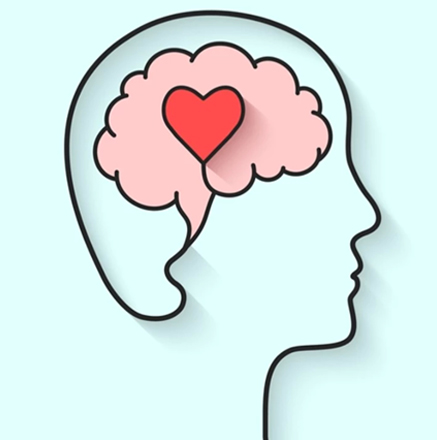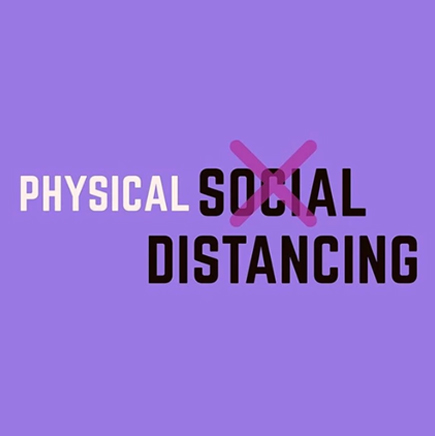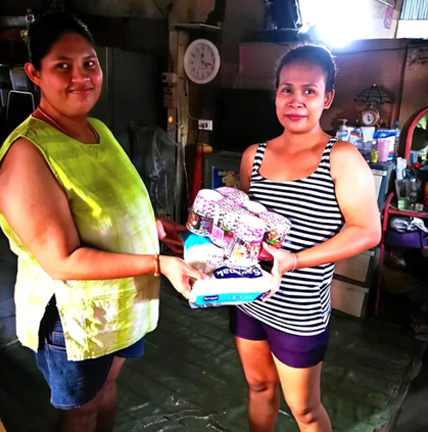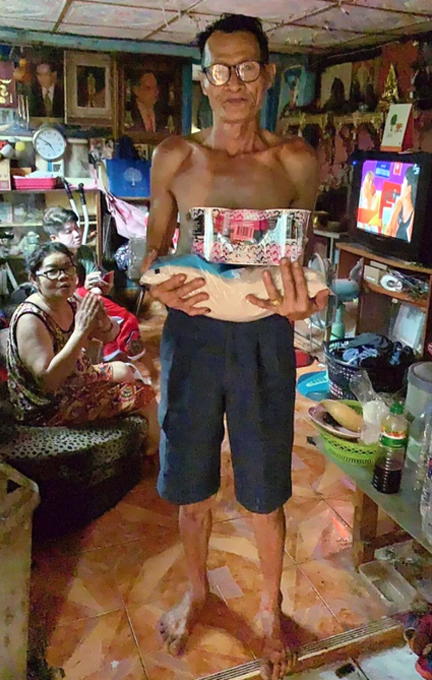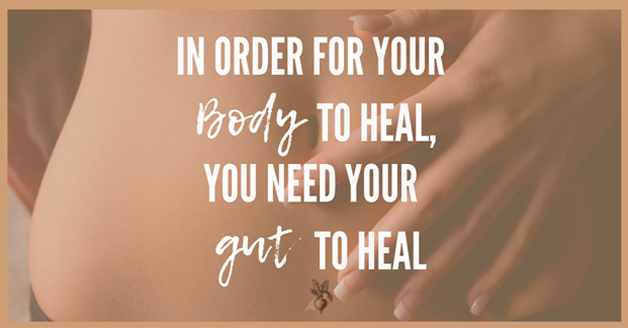
What’s all this fuss about the gut?
As Dr. Mark Hyman (one of the most renowned functional medicine physicians) says in his latest podcast (pasted below for your reference), “The impact the gut has on the entire body should not be underestimated, but unfortunately in conventional medicine it often is. We are shuttling pounds and pounds of food into this tube we have called the digestive system several times a day and we don’t give it a second thought—it’s pretty crazy when you think about it. The gut is responsible for our ability to turn food into fuel; to absorb and even create certain nutrients; to rid the body of harmful toxins on a daily basis. We rely on it to do so much for us.”
Luckily we have a gut health expert in Bangkok itself. Her name is Laura Martin and she’s wonderful. Have a look at our interview with her below.
Tell us a bit about yourself and why you are so passionate about gut health.
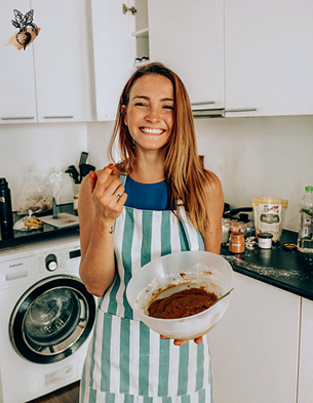
My name is Laura Martin. I’m a certified nutrition and lifestyle consultant and creator and founder of Healing to Happy, which is an online program that focuses on healing the mind from the inside out approach. The story behind Healing to Happy and gut health is long, but a quick little version of it is that from an early age I struggled with depression, anxiety, constipation, disordered eating, and just overall a toxic lifestyle which ultimately resulted in me getting very ill. After unexpectedly losing my mom, I found myself wanting to make more out of my life. Food had been something I was struggling with so I started with nutrition (to make peace with my enemy) and moved forward from there. I realized over time that as I was eating better, my digestion began to improve but so did my mindset. I started to feel happier overall and making better decisions, which in turn helped to create a healthier life outside of what was happening on my plate. So, I decided to go back to get certified as a gut specialist so I could learn more about the microbiome, specifically the gut-brain connection and how we can use nutrition and lifestyle to help heal depression, anxiety, and other mental illnesses.
What is the gut?
The gut helps you take in and digest your food and utilize the nutrients to fuel your cells. It’s the organ that is in direct contact with the outside world through our digestive tract – starting at the mouth all the way to our anus. So what you put in is incredibly important to your overall health and wellbeing.
What is the microbiome?
Your microbiome is made up of trillions of different bacteria that grows into a 3 lbs mass. This mass controls everything about you! From the way you digest your foods, to the genes that are turned off and on, to the weight that you hold, to the way your hormones work, to what’s happening on your skin, to how you feel. We naturally are made up of these bacteria but it’s our job to make sure that your gut is in balance so that you don’t see flare-up in any of these areas.
How does someone know if their gut is healthy or not?
Do you have digestive issues (constipation, diarrhea, IBS, SIBO, candida, etc)? Do you have skin flare-ups? Do you have cravings and mood swings? How are your hormones and what’s your PMS like? Do you suffer from an autoimmunity or are you constantly falling ill? Do you suffer from depression or anxiety? Those are all good indicators that you have an imbalance in your gut. Majority of people nowadays are suffering from some type of gut dysbiosis, it’s just a matter of how extreme it is or not.

What are some of the lab tests they can take to find out?
Honestly, I think there is no better test than yourself which is why I provide my clients with a Gut Diary so they can track themselves. I’ll usually start clients off with elimination diets, but without the scare behind it. I work with people that are working through food fears so we have to be mindful of that approach. If that doesn’t work or if their symptoms are more extreme, I’ll suggest that they go meet with their functional medicine doctor and either do some stool, urine, blood, or breath tests.
Why do you call the gut the second brain?
I’d arguably say that it’s the first, actually! Like I said earlier, the gut is made up of trillions of different bacteria but it is also home to over 100 million different neurons and over 30 different neurotransmitters, along with controlling 85% of your immunity. It holds as much power as your spinal column and brain. Your gut houses 90% of your serotonin levels, that’s your happy hormone! Along with 50% of your dopamine levels (your reward hormone). So it makes sense that after a long day at work, coming home and having a bowl of ice cream and pizza helps to give you that dopamine and serotonin boost. This is also why I’m a huge nerd for using foods to help navigate through depression and anxiety and understanding how inflammation can impact our mental wellbeing.
How does our diet influence the gut microbiome?
Like I said earlier, our gut is in direct contact with our outside world. It starts at our mouth with the food we put in and goes all the way through. So, it’s pretty important that we be mindful of what we’re consuming, right? If we have a diet that is highly inflammatory, meaning foods that are loaded with sugar, overly processed, or that don’t agree with our body, it can offset the balance of good to bad bacteria in our gut. We will never have 100% good, but we do want to ensure that we have a healthy balance between the two.
What impact does sugar have on the gut?
Yes, sugar is one of the main culprits but this doesn’t mean fear all sugars such as fruit and the like, our cells need glucose to function properly. I’m talking about processed sugars. These feed the bad bacteria, set off an alarm response in the body, and throw the system totally out of whack. These are all things that can lead to leaky gut which will then result in a flare-up of the symptoms I had mentioned earlier. This is why in my programs we focus on a leveling up the diet to one that is rich in whole, real foods. I don’t care what diet you follow, the base of any of them is to eat mostly plants and to avoid the center isles of the grocery stores. You want a diet that is rich in fibers to feed the healthy bacteria along with vibrant colors to boost the diversity of the food for the gut. You’ll also want to make sure that you’re getting quality proteins and healthy sources of fat so that you keep your blood sugars levels stable, which in turn keeps your moods stable. And also, fermented foods!
What are prebiotics?
So, prebiotics are the indigestible fibers that only your gut bugs can munch on. Prebiotics occur naturally in many plant-based foods such as garlic, leeks, root vegetables, asparagus, green bananas, and legumes.
What are probiotics?
Well, we’ve been talking so much about the good bacteria- those are probiotics! Probiotics are tiny living microorganisms that live in your digestive tract and are considered the “good guys”. Picture them like the superheroes of your gut. These bacteria aid in keeping the digestive system running smoothly by limiting and fighting off the growth of bad bacteria. Probiotics help in digesting food, destroying harmful pathogens, and producing vitamins we need to live a healthy and balanced life.
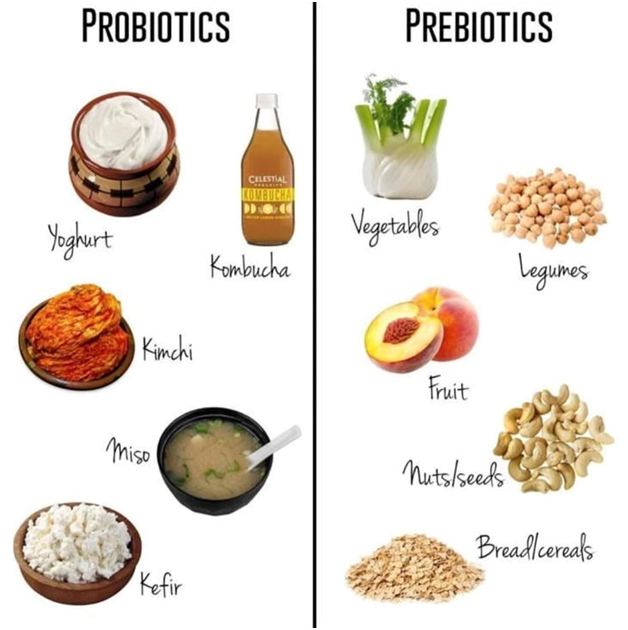
If there are 3 tips you would give to your clients for maintaining their gut health, what would you tell them and why?
- Eat your vegetables. If you hate them, figure out a way to make yourself like them. Hide them in your favorite dishes, blend them into smoothies, put them on your pizza- heck, they even make pizza out of vegetables these days (just check out Pizza Massilia!) Your body, your mind, and your gut will love you for them.
- Sleep! We live in a world that thinks it’s cool to sleep 4 hours and glorifies the fact that we’re overworked. Your body goes into repair and recovery mode while you sleep. It’s essential to repair the gut lining and also to repair your brain. If you’re looking to do anything or start somewhere, start here.
- This pairs nicely with stress. I’m sure you were thinking of food things, but the key to maintaining a healthy gut comes from maintaining a healthy lifestyle outside of the plate. If your body is on high alert and stressed out, digestion is the last thing it’s worried about. When you’re stressed blood flow is sent to your muscles and brain, not the gut. Digestion is a hard task for the body to do! This is why in my programs we take an inside out and outside in approach. End of the day, meet yourself where you’re at and be realistic about it. Don’t go off running and thinking you need to cut out everything and anything and spending your next paycheck on the best probiotics on the market. That’s going to set yourself up for failure and just continue that diet cycle we’re trying to break away from.
Any final thoughts?
Be realistic, pick one thing and start from there. Maybe it’s more vegetables, maybe it’s getting a quality probiotic supplement, maybe it’s getting an awesome nerdy gut coach to walk you all through it. Who knows! But seriously, keep it simple and keep it real – those are all the tips you need when it comes to gut health and real life.
Thank you for your time, Laura!
If you are concerned about your gut health please do reach out and it will be our pleasure to connect you with Laura so she can help you.
Interview led by Devi Bajaj
Founder and Director of Enliven Health Concierge
For more information about gut health, below are some articles from our partners and other informative health resources:
- https://www.samitivejhospitals.com/en/fecal-matter/
- https://www.bumrungrad.com/en/health-blog/july-2017/probiotics-digestive-disease
- https://www.mayoclinic.org/healthy-lifestyle/nutrition-and-healthy-eating/in-depth/for-healthy-gut-feed-good-bugs/art-20322495
- https://www.wellandgood.com/good-advice/signs-of-bad-gut-health/
- https://time.com/5556071/gut-health-diet/
#EnlivenConcierge#MedicalConcierge#MedicalTourism#Health#GutHealth#GutHealthMatters#GutHealthy#GutHealthDiet#GutHealthCoach#Microbiome#Probiotics#Prebiotics#Depression#Anxiety#Constipation#DisorderedEating#ToxicLifestyle#LifestyleDisorders


